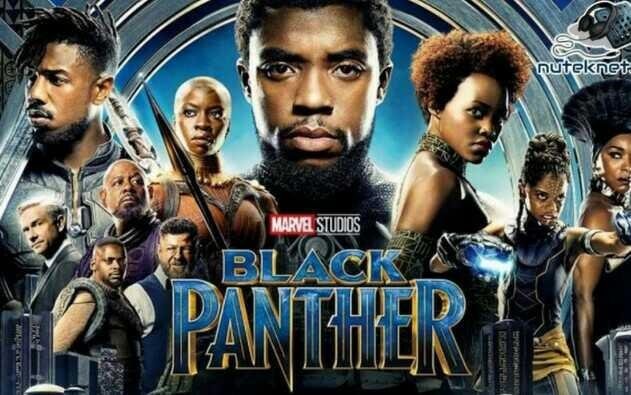Review of Western Music Ludwig Goransson Black Panther Original Score

Part of what makes the use of African music by Göransson from the feeling of being folded is how he recognizes the vastness of the Black Panther universe. Horns swell and polyrhythms do not tremble in awe, but with trustworthy intimacy; the reference point is not a mere African idea, but all of those ideas include. In a spectacular way, Göransson's score captured the diversity of Wakanda's fictional state.
"Wakanda" - who plays when the hero, Black Panther T'Challa, prepares to take his throne in the opening act of the film - offers a glimpse into such specificity. T'Challa started this film as the new royal heiress who felt the great heritage of the deceased father, and at this very vulnerable time, Senegalese musician Baaba Maal solemnly shouted a song that served as a metaphor for the fallen king. Göransson not only ticked from the diasporic box; He burned it in an emotional context. Sorrow adds gravity to the next section: Regal brass adorns a vast Wakanda bullet, signaling the glory it will have.
The film's main villain, Erik Killmonger, was given the same care and development. Not only was he a stranger to the nation despite his familial ties; His world view barely tangled with T'Challa, who placed his loyalty to his people at Killmonger's desire to empower black people outside the continent. The so-called piece of music embodies the inner conflicts that drive his actions. The tambourine flutes appear as the presence of ghosts, the tone of the wind piercing with the jokes of ancestral jokes from the afterlife. But the theme is overcome by the hi-hats trap that now dominates hip-hop. His change and familiarity put the Killmonger back as an African-American, whose misery that generations left him unable to control Wakanda's isolation.
So when Killmonger brings these elements with him to Wakanda, he becomes a bully. The Black Panther's truth did not please her at first. The royal horns and rhymes that once marked T'Challa's presence - his self-esteem marker - were reduced to panting in the crucial second scene in which his rivals destroyed him in one-on-one combat, sometimes soothing as well as to emphasize the brutality of the more venomous Killmonger Score scene much in a hurry as we watched him march to the throne, as the camera flipped upside down and the hi-hats rocked once more. Yes, his role as an outsider comes from criminals. But how many houses are Africa, really, for African-Americans when they are systematically detached from the homeland for centuries?
Regardless of the emphasis on African instrumentation, the classical element of scores not only exists as accouterements: The orchestra gives its traditional prowess while African signatures humanize it. The most important example is a string phrase that goes up in the "Ancestral Aircraft" - an emotional part that expresses tension and surrender, like a fist that is not covered in divine humility. The theme is shown when T'Challa visits the mythical ancestral plane as part of his ritual duties as the new king. As she stared at the beautiful and purple universe, this music helped the audience share in her tribute but never felt like creating that emotion.
It is Göransson's proof that he gave the most satisfying moment of scoring to the African diaspora. Toward the end of the Black Panther, T'Challa brings the wounded Killmonger to the cliff so that the tragic fighter can stare at Wakanda's majesty. The orchestra gave the scene a climax of weight, but eventually retreated to push Baaba Maal's cloak to the surface. There was a triumph mixed with mourning as he sang to this beautiful fictitious land. Unfortunately, the sun must also set in Wakanda.